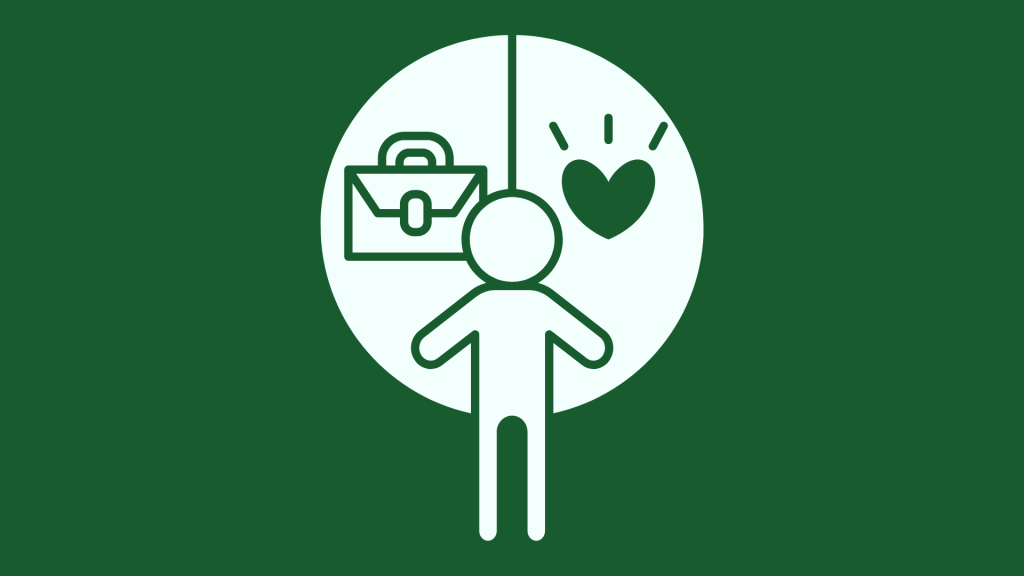Managing your finances can be a daunting task. It’s easy to get lost in the numbers, particularly when you’re running your own business. Many entrepreneurs, especially those just starting out, make the mistake of intermingling their personal and business finances. However, this can lead to confusion and make it difficult to manage your cash flow effectively. Separating your personal and business finances is crucial for the success of your business. In this blog post, we’ll discuss why it is crucial, and provide some tips on how to do it.
The Difference Between Business and Personal Finances
To create a financial firewall and keep your business and personal finances separate and organized, it is essential to understand the difference between them. Business expenses are costs that are incurred in the normal course of running a business. They include office rent, employee salaries, marketing expenses, and equipment purchases, among others. On the other hand, personal expenses are those that are incurred for personal use, such as a mortgage or rent, groceries, clothing, and entertainment.
Why You Should Never Use Business Accounts to Pay Personal Expenses
Business owners tend to misuse their company funds for personal expenses unintentionally. For new entrepreneurs, it can seem logical (and legal) to use the money they earn from their business to pay a few bills at home or pay for some business needs with a personal check or credit card.
However, paying personal expenses with business funds is a practice that should be avoided due to the numerous risks and consequences it can bring. Here are some of the reasons why you shouldn’t pay personal expenses with business funds:
Operational problems
Mixing personal and business expenses can lead to disorganized financial records, making it difficult to understand your company’s cash flow status. This lack of clarity can hinder your ability to make informed decisions about your business’s financial health and profitability.
Loss of legitimate tax deductions
When business and personal expenses are combined, it becomes difficult to prove which expenses are deductible business costs. If you are audited, the IRS may end up disallowing certain deductions to ensure that personal expenses are not being deducted, resulting in higher tax liabilities.
Legal issues
Using business funds for personal expenses is not only a breach of fiduciary duty but also unlawful. It can result in “piercing the corporate veil”, which means that legal action taken against your business could impact your personal assets, such as bank accounts or even your home.
Difficulty in maintaining separate accounts
Mixing expenses can make it challenging to maintain this separation and adhere to best practices for managing your finances. To avoid commingling funds, it is essential to have separate business and personal accounts and credit cards.
Hindered business growth
When you cannot accurately assess your business’s financial health due to mixed expenses, it becomes difficult to make informed decisions about growth and investment opportunities. This can ultimately limit your business’s potential for success.
Transfer and Pay: The Safe Way to Use Personal Funds for Business Expenses
When starting or operating a business, it’s not uncommon for entrepreneurs to use their personal funds to cover some business expenses. However, it is crucial to ensure that these transactions are done correctly to maintain the separation between your business and personal finances. The following list of steps can help you build a process that works.
Step 1: Open a dedicated business bank account
To maintain a clear separation between your personal and business finances, it is essential to have a separate bank account for your business. This account should be used exclusively for business-related transactions and should not be mixed with your personal finances.
Step 2: Create detailed records
When utilizing your own cash for business costs, documentation is a must. Draft a concise document noting that you’re utilizing your own funds to cover a specific business expense. Maintain accurate and up-to-date records of all transactions involving personal funds and business expenses. These records should include the date, amount, purpose of the transaction, and any supporting documentation (like receipts and invoices). Keeping detailed records will make it easier to prepare for tax filing.
Step 3: Transfer the funds
When you transfer the money from your personal account to your business account, ensure that the transaction is clearly labeled as a contribution or loan to your business. This will strengthen your paper trail and help maintain the separation between your personal and business finances.
Step 4: Pay for the business expense
Use the funds from your business account to pay for the business expense. By doing this, you ensure that the payment is coming directly from your business account and not your personal account.
How To Handle Tax Deductions
As a taxpayer, you may have heard this term before, but do you know what it actually means? A tax deduction is a brilliant way to lower your taxes, shrinking your taxable income and consequently reducing the amount of taxes you owe to the government. As an entity separate from your personal finances, your business can deduct certain expenses from its income, thus helping to lower its tax bill. According to the IRS, a business is allowed deductions on anything that is considered “ordinary and necessary” for its operation. These deductions include:
- Wages & Salaries
- Retirement Plans (401(k), etc.)
- Rental Expenses
- Taxes
- Interest
- Insurance
- Travel
Beyond the “ordinary and necessary,” business owners must understand the intricacies of tax deductibility. Understanding what is considered a deductible expense can be a complicated process. The IRS has strict guidelines on what can and cannot be deducted for businesses operating in every industry, and it’s essential to ensure that your business follows all guidelines to avoid penalties or fines.
The Benefits of Separating Business and Personal Finances
Visibility is the most important factor when it comes to managing your business’s cash flow. If you have business transactions missing from your personal account, you may under or overstate your business cash flow, or vice versa if you have personal transactions in the business account. Clarity and predictability are the second most important factors. By having better forecasting based on real historical cash flow, you can more accurately predict your business’s financial statements, which tell the story of your business and its performance. For example, for restaurants, food costs are an important factor to consider, and for tech consultants, software costs should be taken into account.
The Bottom Line
Your business is not just another hobby; it needs to be treated with the utmost care, which is why separating your personal and business finances is critical. Comingling finances will make it hard to see how a business is truly performing, making it difficult for entrepreneurs to make good decisions. However, that doesn’t mean funds from one entity can’t be used to support the other. With the right methods and tools, any business owner can use their personal and business funds in a balanced and effective manner.

